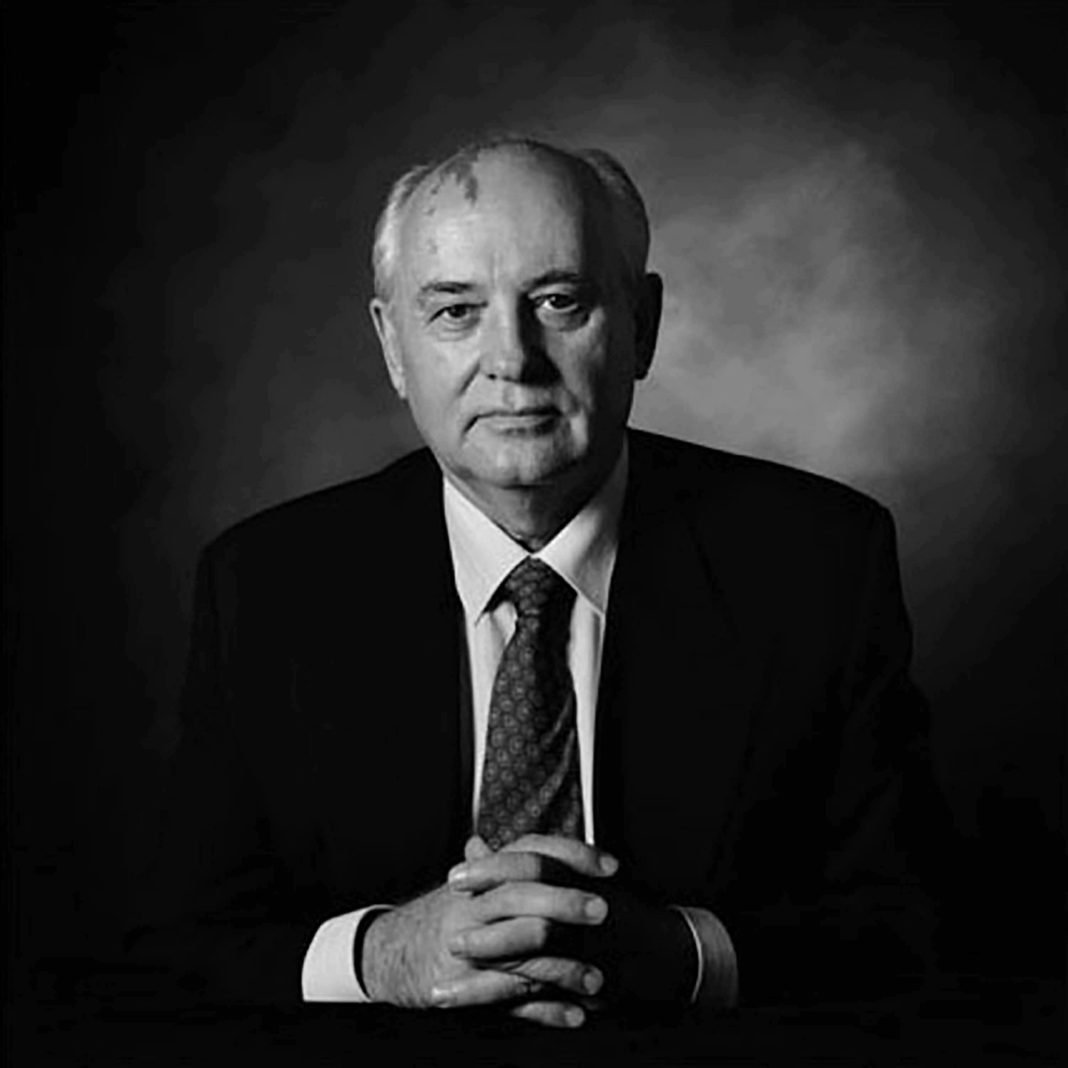Moscow/Paris, 31 August 2022 (TDI): Last Soviet leader, Mikhail Gorbachev, died at the age of 91, today. He died after a long illness on Tuesday at Moscow’s Central Clinical Hospital.
French President, Emmanuel Macron extended heartfelt condolences on the death of former Soviet leader, Mikhail Gorbachev. The President spoke highly of the former Soviet leader calling him a man of peace.
Following his contribution in ending the Cold War and taking down the iron curtain, he remarked; “His commitment to peace in Europe changed our common history.”
Мои соболезнования в связи со смертью Михаила Горбачева, человека мира, решения которого открыли россиянам путь к свободе. Его приверженность миру в Европе изменила нашу общую историю.
— Emmanuel Macron (@EmmanuelMacron) August 31, 2022
His death was announced on Tuesday by Russia’s state news agencies, citing the city’s central clinical hospital.
Mikhail Gorbachev: A Profile
In 1971, with the Cold War at its peak, Mikhail Gorbachev became the youngest member of the Communist Party’s Central Committee. The status allowed him to visit western democratic states where he was impressed by the prosperity and liberty.
Whereas, the same capitalist system had brought great wealth to the West which the Soviets deemed as ‘diminishing’. On the other hand, the Soviet economy was stagnant and the arms race and large-scale military drills had bled the country dry.
However, after Yuri Andropov, the ex-head of KGB, Gorbachev’s mentor & Putin’s future role model died, Gorbachev was voted the Communist Party’s General Secretary in 1985. Subsequently, he became the only Soviet leader born after the 1917 Bolshevik revolution.
The Man who ended the Cold War
Mikhail Gorbachev was the 8th and last leader of the Soviet Union. He was deeply revered by the West. Gorbachev reversed the doctrine of Joseph Stalin and his successors which had turned Eastern Europe into Moscow’s satellite states and built the iron curtain.
This aggression had put the two superpowers against each other competing for political supremacy. The rivalry brought the world on the brink of nuclear annihilation which manifested in what is known today as the Cuban Missile Crisis.
Gorbachev altered this course by introducing a series of reforms popularly known as “Perestroika” and “Glasnost” — reconstruction and openness.
He saw these reform an attempt to return to the principles of the Soviet founder, Vladimir Lenin. “In a word, freedom came to the USSR, to Russia,” he said on a 2011 television show.
The show was dedicated to the 25th anniversary of Perestroika, adding that “in theory and in practice, we tried to get back to Lenin’s legacy”.
By the end of 1980s, Gorbachev was a political giant. He gathered much appreciation abroad and had a deep impact on global politics in his time.
However, these policy reform set forth a sequence of events. The policies combined with numerous variables resulted in the disintegration of the Soviet Union.
Presumably, the reforms loosened the Union’s grip on the units and fueled separatist tendencies ultimately leading to collapse.
Record-low oil prices that could no longer keep the Soviet economy afloat also actuated the 1991 collapse of the Soviet Union.
Gorbachev’s good intentions paved the way for a string of ethenic conflicts in the former Soviet Union. The conflicts plunged Russia and the 14 newly independent republics into a decade of painful economic transition and political upheavals.
An international relations student with a keen interest in global development and politics. Passionate about cooperation, development, Middle Eastern affairs, governance and policy Affairs








